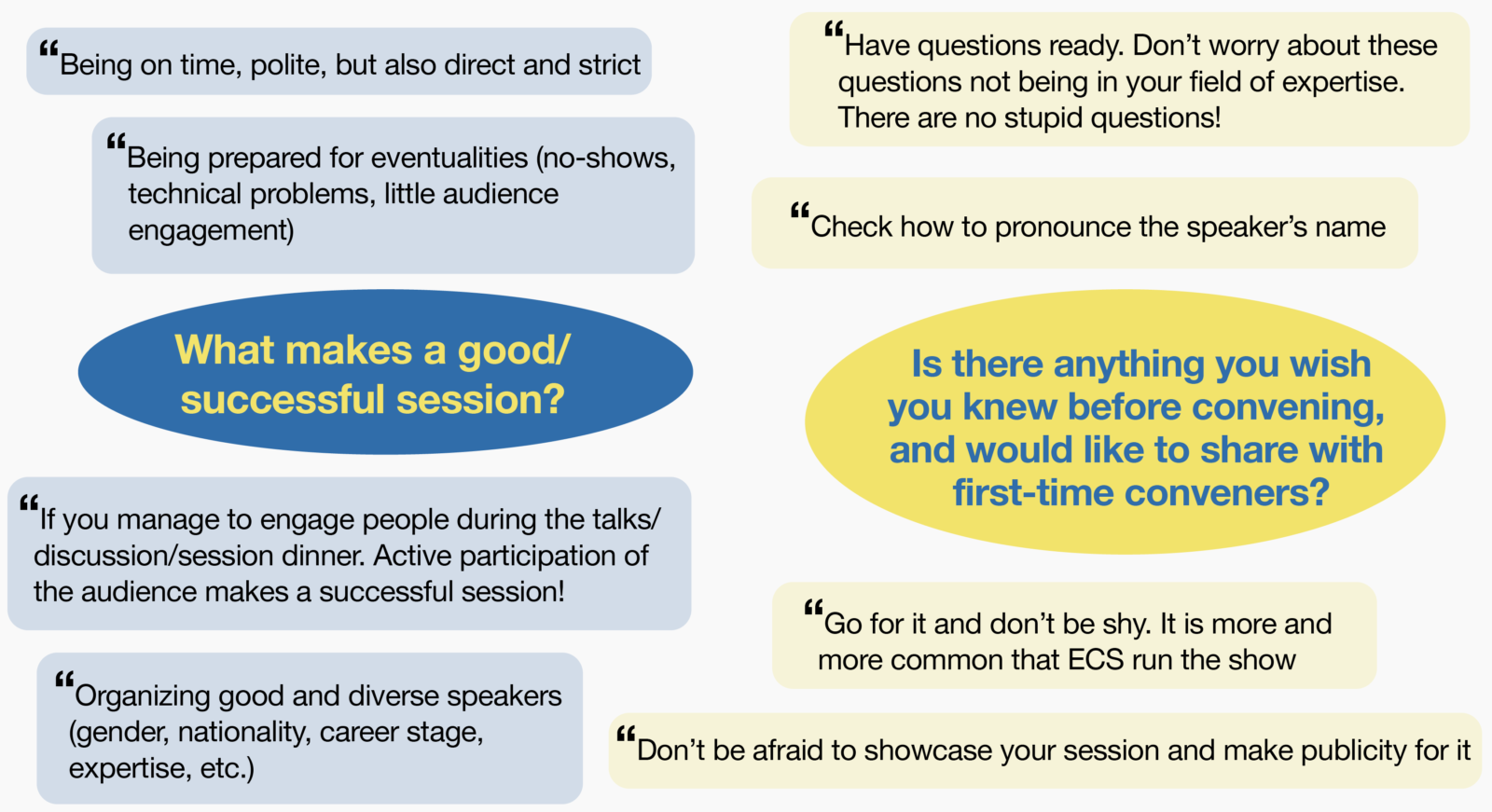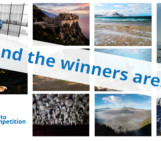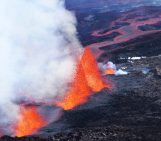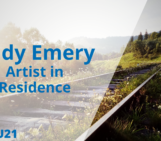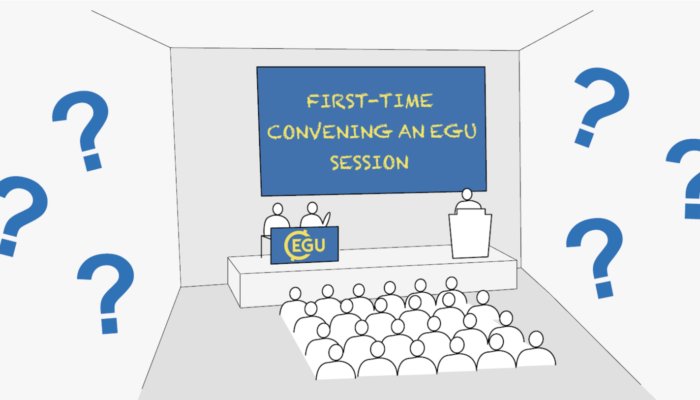
With the most recent call for sessions for the next European Geosciences Union General Assembly, a diverse provisional programme has been put together. If you have been assigned your first EGU session as a convener – congratulations! But what happens now? Early Career Scientists representatives Andrea Madella (GM), Anna Gülcher (GD), and Tommaso Alberti (NPG) discuss what it’s like to convene an EGU session for the first time. They’ll share past experiences and tips for running a successful session gathered from various former conveners. Hopefully, this will help you prepare your session, be a successful convener, or just get you inspired if you weren’t already!
Entering the world of convening
If you are reading this, it may be because you have been contacted to propose a session, maybe by a project collaborator, from a previous conference, or simply because of your publications. Every scientific encounter you make at the beginning of your career may become a key acquaintance for your visibility and productivity in the near future. Most of us, indeed, decide to become conveners with the knowledge that organising a session will increase our visibility and that of a particular topic. At an early stage of your career, it is normal to want to reach a broader audience for your work, seeking feedback from senior scientists and experts in your field. As a convener you’ll have the opportunity to meet the speakers in person and to build a community of enthusiasts for your scientific topic, both of which are great occasions to initiate informal discussions and cross-pollinate research ideas and methods.
Apart from these obvious personal gains, many of us are also driven by the opportunity to do something for our community. Isn’t it refreshing to know that in our community, a personal benefit is considered as important as service to the common cause? Does the same happen in other scientific communities? Let’s hope so…
At EGU, it is no secret that the success of our General Assembly strongly depends on the work of conveners, among other important contributions. Therefore, it is great that you have agreed to step up! We all need you!
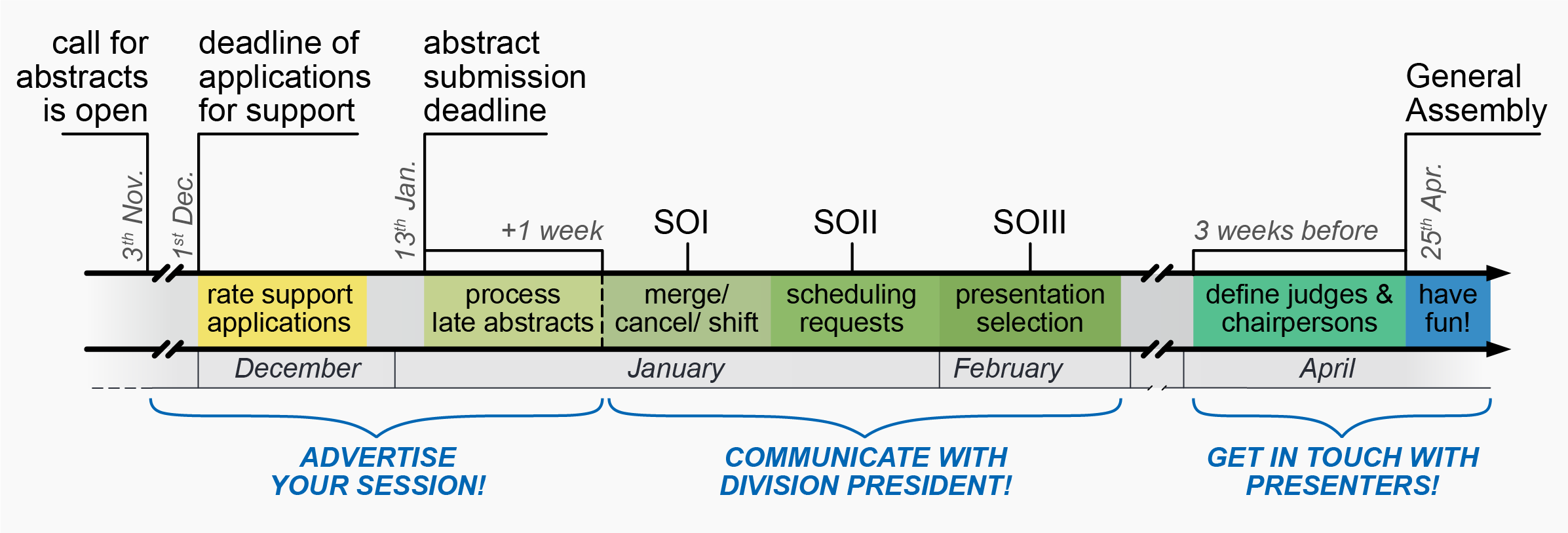
Most of the action will be required throughout the winter and, of course, just before as well as during the conference. A detailed explanation of all the phases mentioned in the figure is found in the EGU convener guidelines.
Shaping and promoting your session
So your session has been accepted and has been added to the provisional programme for the next General Assembly. The figure above summarises what you can expect in the months to follow. One of the most important points is advertising your session, because what is a session without abstracts? If you just started your PhD, you probably can’t expect to be well-known in your community. This is not a problem, but bear in mind that some authors might feel unsure to submit an abstract to a session entirely convened by a panel of new names. If you did not consider this while assembling your team, make sure that your engagement and enthusiasm are backed by some of your more senior peers. Perhaps you could ask them to help advertising and endorsing your session, a few wide-reaching emails or retweets (and containing the right tags) can be very powerful. Anyway, regardless of your current fame, be confident that your interest and involvement are very valued qualities on the road to the General Assembly in April.
As for all convener tasks, you can refer back to the EGU convener guidelines (over and over), and communicate with your division president if anything remains unclear. For scheduling, selecting presentations, judges and chairpersons, it is essential to keep diversity in mind. This particularly includes a person’s career stage (especially for Early Career Scientists), their gender, and their geographic location.
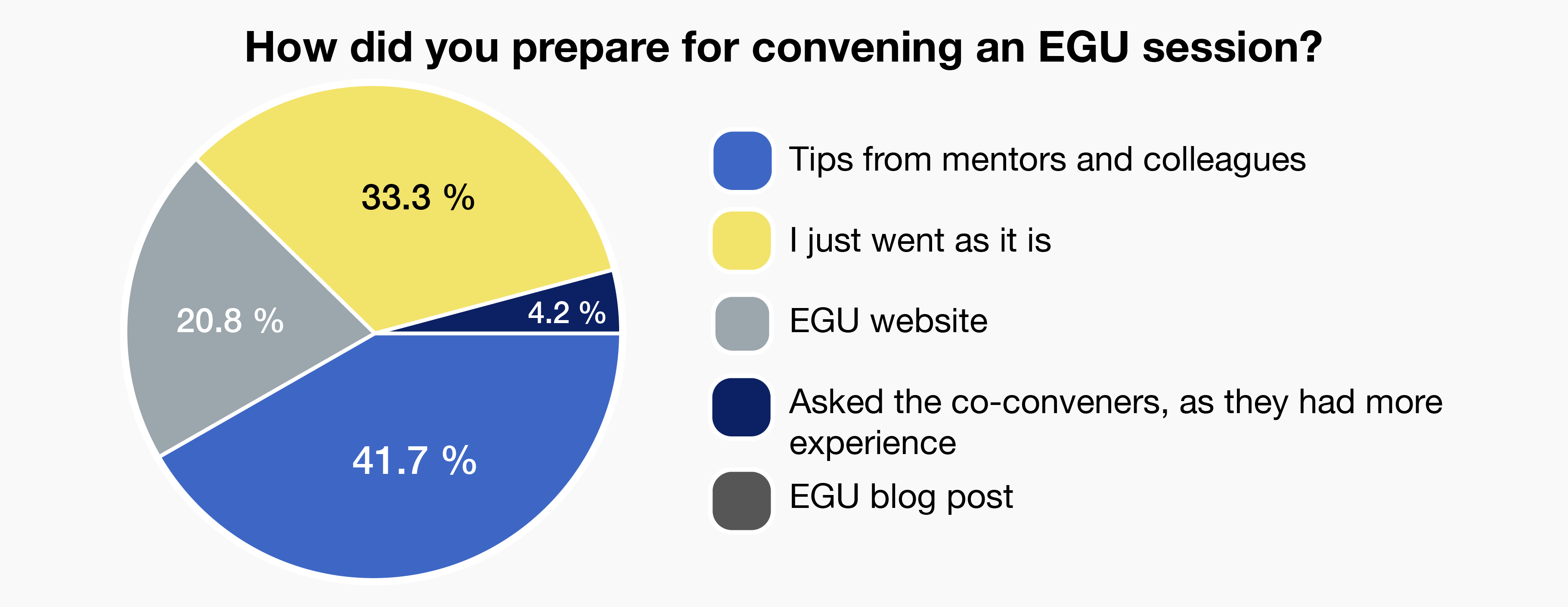
Outcome of the survey amongst Early Career Scientists who had convened a session at the General Assembly. Tips and tricks received from colleagues and mentors seem to be key in preparing for the tasks related to convening an EGU session. We do hope that in the future, the EGU blogs will prove to be helpful!
Running a successful session at the General Assembly.
How do you make sure your session runs as smoothly as possible? Like most things, preparation is really everything. This may mean something different to each of us. Some of us prepare ourselves using online resources. General EGU convener guidelines and rules are available on the EGU website, whereas several blog posts have been devoted to providing specific tips & tricks for new conveners (such as this one, or also Guidelines for convening an EGU session part I and part II, and How to convene a session at the General Assembly.. In flow charts). Most conveners, we found, also acquire knowledge by talking to mentors and colleagues.
Preparation is everything. This may mean something different to each of us
Another important point is communication. Talk with your convener team in advance on what you may expect, and how you would handle different and challenging situations. Who steps up when a speaker is over time? Who takes action when a question is off topic or inappropriate? The more scenarios you discuss, the more relaxed you’ll be during the GA, and the more you’ll enjoy your session.
What about virtual sessions?
In the future, the General Assembly may take different formats than what we have been used to. For 2021, the conference format will be entirely online, which will require additional skills from conveners. Preparation and discussion with your team is even more necessary than at previous years’ meetings, and checking your software and technology should definitely be done well in advance. You may consider preparing questions to the authors before-hand, to not lose time in the question rounds. Sticking to the schedule is even more important, and it might be good to think about ways to communicate to the speakers when their time is (almost) up (just a simple eye contact won’t do it, virtually). Depending on the format, setting an early deadline for presentations to be uploaded has also helped in previous virtual conferences. Finally, these unusual times also allow you to be creative. How would you like to communicate with the authors and session participants, are there any software you could use for online engagement? How do you want to organise the discussion session? Is there a way to have a (virtual) social/networking event for session participants? Depending on the final format, there could be various options!
Most importantly, look forward to connecting with your friends and colleagues, discussing new ideas and having a great session!
These unusual times do allow you to be creative

